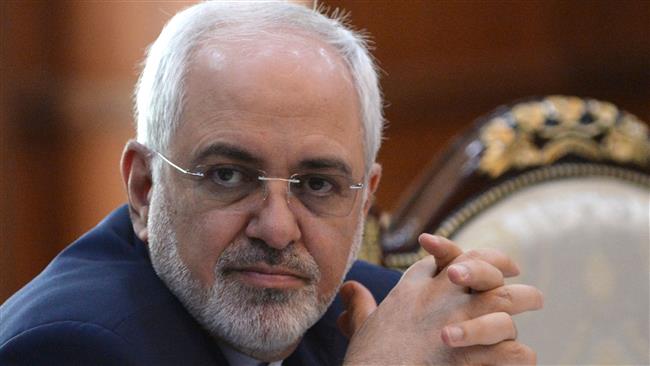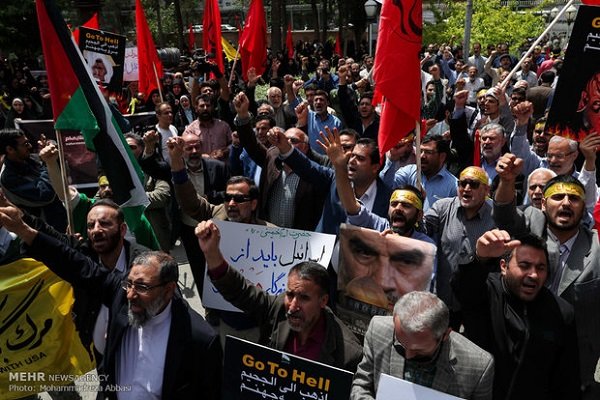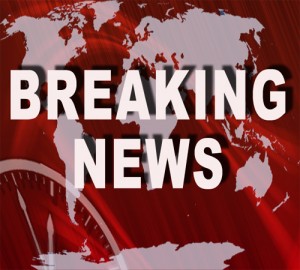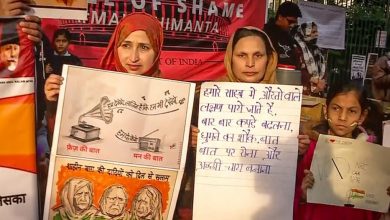Libyan premier rejects foreign military intervention
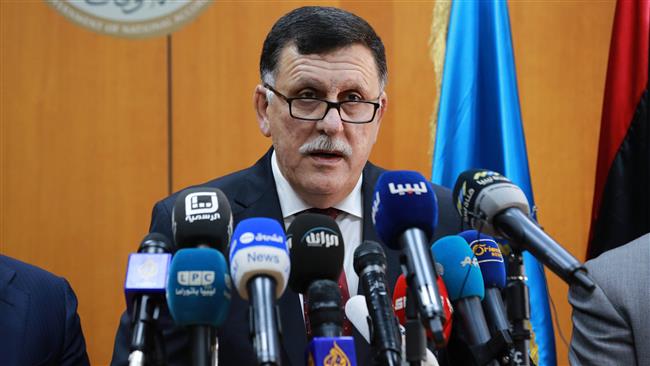
The Libyan prime minister has dismissed the possibility of an international military intervention purportedly aimed at boosting the anti-Daesh fight in the conflict-plagued country.
“It’s true that we need help from the international community in our fight against terrorism and it’s true that this is something we have already received,” Fayez al-Sarraj said in an interview with French weekly newspaper Le Journal du Dimanche published on Sunday.
“But we are not talking about international intervention,” Sarraj said, noting that foreign boots on Libyan soil could offend national pride and runs “contrary to our principles.”
“Rather we need satellite images, intelligence, technical help… not bombardments,” he pointed out.
Sarraj further noted that “total victory over Daesh in Sirte is close.”
“(We hope) that this war against terrorism will be able to unite Libya. But it will be long. And the international community knows that,” he said.
On Friday, Sarraj had said he was confident that forces loyal to Libya’s UN-backed unity government, known as Government of National Accord (GNA), would liberate the coastal city of Sirte, the main stronghold of Daesh terrorists in Libya.
Forces loyal to Libya’s UN-backed unity government are seen during clashes with Daesh terrorists on the western outskirts of Sirte on June 2, 2016. ©AFP
In another development on Saturday, GNA loyalists took control of Ghardabiya air base, which lies about 20 kilometers (12 miles) south of Sirte, from Daesh extremists.
Spokesman Mohamed al-Gasri described the capture as strategically significant given that it cut off Daesh supply routes and “trapped them further” within the city.
Gasri added that three fighters from the government-backed brigades lost their lives and five others sustained injuries during Saturday’s clashes.
GNA forces also announced that they had liberated the town of Abu Hadi, situated 15 kilometers (9.3 miles) southeast of Sirte, from the clutches of Daesh Takfiris.
Separately, two militia groups operating in eastern Libya have expressed their support for the UN’s unity government, which seeks to put an end to years of factional power struggles.
Forces loyal to Libya’s UN-backed unity government are seen during clashes with Daesh terrorists around 23 kilometers (14 miles) west of Sirte on June 2, 2016. ©AFP
On Saturday, the commanders of the special anti-terrorist force and a military intelligence brigade held a joint press conference with GNA Defense Minister-designate al-Mahdi al-Bargathi, and decided to throw their support behind the GNA.
Libya has had two rival governments since 2014, when politician Khalifa Ghweil and his self-proclaimed government seized control of the capital, Tripoli, with the support of militia groups, forcing the internationally-recognized government to move to the country’s remote eastern city of Tobruk.
The two governments achieved a consensus on forming a unity government, the GNA, last December after months of UN-brokered talks in Tunisia and Morocco to restore order in the country.
